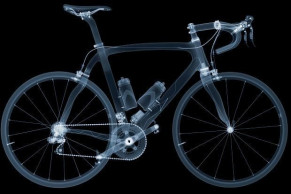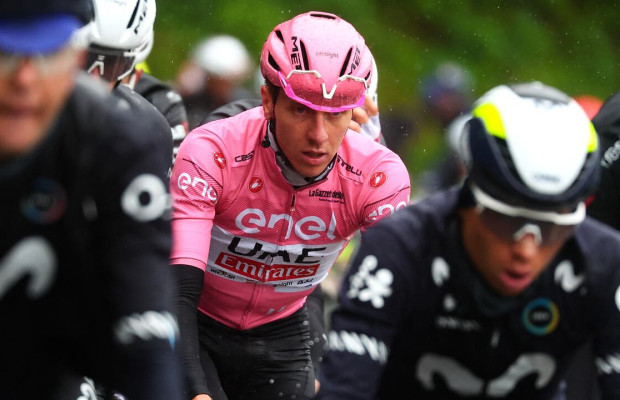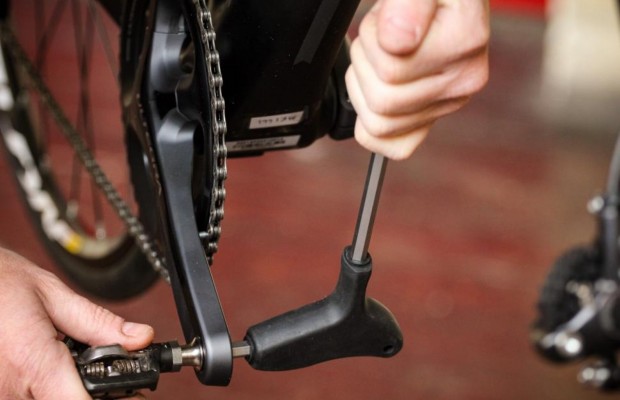The UCI offers monetary rewards for information on technological doping
The International Cycling Union continues to be obsessed with searching for hidden motors in bicycles. Not satisfied with the multitude of controls they constantly carry out in races, the new head of the fight against technological fraud launches a rewards program for anyone who provides valuable information to detect this type of 'doping'.

The head of the UCI's fight against technological fraud presents new measures to combat it
For years there has been talk of hidden motors in bicycles but, despite all the effort that the UCI has put into detecting what is known as Technological Fraud, only the case of cyclocross rider Femke van den Driessche is known, who was found with a motor in her bike during the world championships in the specialty in 2016.
In this effort, the UCI appointed criminal investigator Nicholas Raudenski in April, who has been focused on giving a new impetus to the fight against technological fraud since early May. Among the measures that Raudenski has promoted is the launch of a rewards program aimed at encouraging people with information about technological doping to share it confidentially with the UCI in exchange for a reward. A reward that will not only be financial but may also consist of material support or financial assistance.
RECOMENDADO

How to wash your bike at a gas station without ruining it

Tips for staying motivated to go out riding when cold, rain or night lurk

How to choose the right crankset and cassette: a guide to find the right ratio and extend the life of your bike

Can I go cycling with the flu or a cold?

He invented the idea of jumping over the planks, which earned him a World Championship against Van der Poel

How to change the pedals of any bike in 5 steps

This measure comes at a time when the UCI's fight against technological fraud is going through low moments, with the highest cycling body being criticized for not carrying out X-ray controls on bikes in races like the 2023 Giro d'Italia or even in some stages of the Tour de France, as well as in many women's races, which would mean that the established system leaves many gaps where cheaters could slip through.